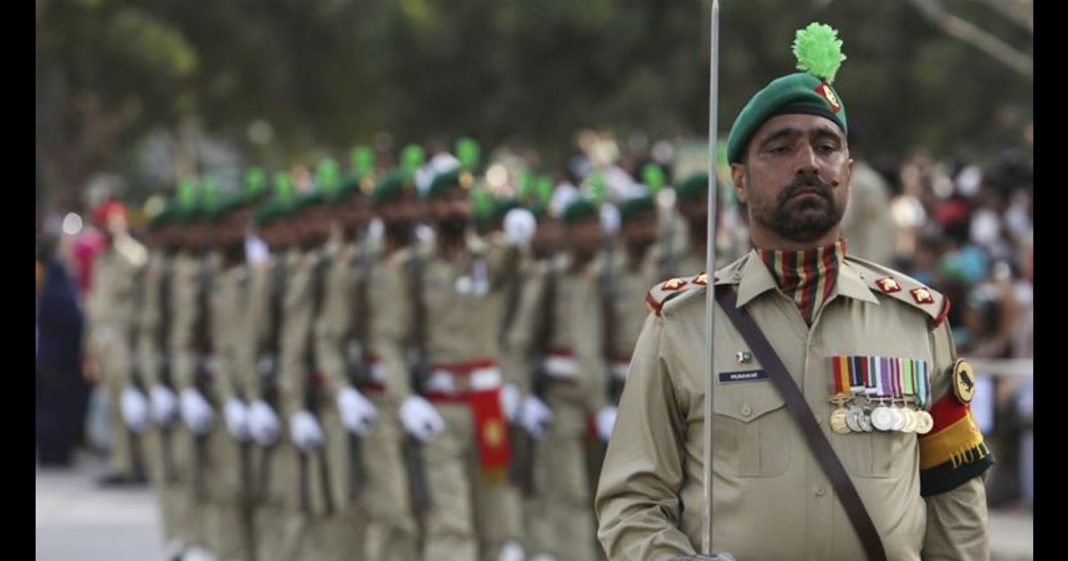Pakistan has cut the armed forces development program by Rs72 billion, or one-fifth of the amount granted on June 10, in order to achieve the International Monetary Fund’s (IMF) major condition of generating a primary budget surplus in the new fiscal year.
One of the key conditions for the IMF to revive the bailout package is a primary budget surplus of Rs153 billion, or 0.2 percent of national production. Finance Minister Miftah Ismail now expects to reach a staff-level agreement before the end of this week.
The original budget, presented in the National Assembly on June 10, had Rs363 billion in provisions for the armed forces development program. The budget provision, however, has been lowered to Rs291 billion, according to the revised budget released by the Ministry of Finance following National Assembly approval.
Read more: DG ISPR defends Army’s budget allocation
It has reduced the armed forces development program by Rs72 billion, or approximately 20 percent. The funding is in addition to the regular defense budget. The armed forces development program has been cut for the second time in two years due to fiscal constraints and restrictions imposed by the IMF.
According to the budget records, the previous government allotted Rs340 billion for this purpose in the last fiscal year, but actual spending was Rs270 billion. Officials from the Ministry of Finance stated that the armed forces development program needed to be scaled back in order to fulfil the IMF’s primary budget surplus target.
In 2021, it was stated that the country’s development and defense budgets have shrunk significantly over the past years and spending at a reduced level will remain almost flat in the medium term, that is until 2026, in line with fiscal consolidation measures under the ongoing International Monetary Fund (IMF) program.













